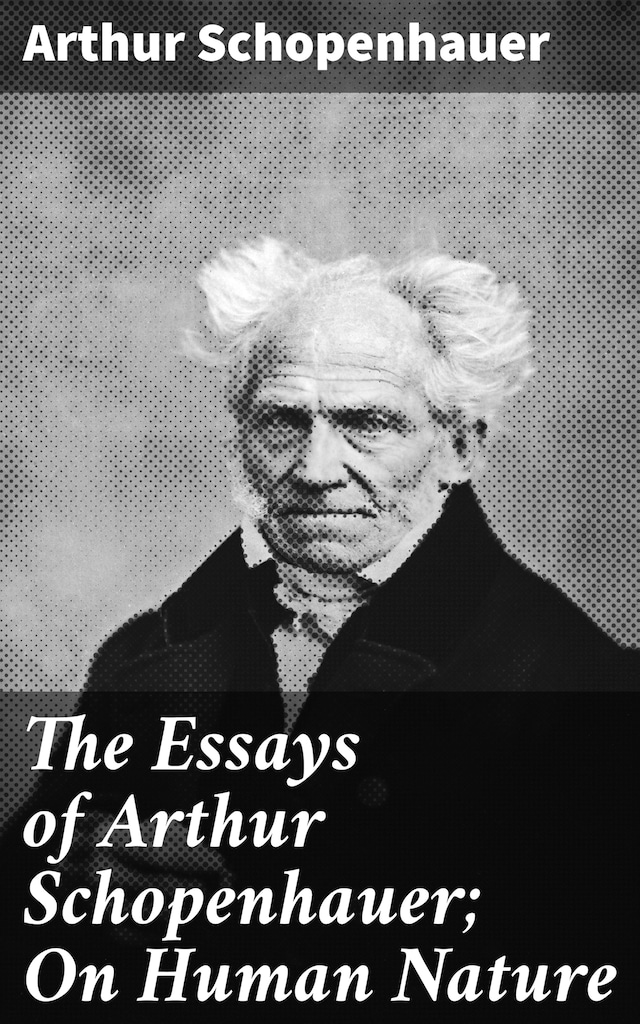
The Essays of Arthur Schopenhauer; On Human Nature
Exploring the Depths of Human Existence and Emotion
Description of book
In "The Essays of Arthur Schopenhauer; On Human Nature," the philosopher offers a profound exploration of the complexities of human behavior and motivation. Written in his characteristic style, Schopenhauer employs incisive logic, a rich vocabulary, and a contemplative tone to dissect themes such as desire, egoism, and the inherent suffering of existence. This collection draws upon his broader pessimistic philosophy, situating human nature within the context of his metaphysical worldview and the struggle against the relentless forces of will and desire. The essays are not only a philosophical inquiry but also a reflection on ethics, art, and the human condition, resonating with elements of Romanticism that were influential in 19th-century thought. Arthur Schopenhauer, a seminal figure in Western philosophy, is renowned for his rigorous exploration of metaphysics and human psychology. Influenced by Eastern philosophical traditions, particularly Buddhism and Hinduism, along with the works of Kant and the Romantic poets, his insights evoke a sense of urgency concerning the human plight. Schopenhauer's own existential struggles, marked by isolation and disillusionment, profoundly shaped his views on the relentless nature of desire and the inevitability of suffering, driving him to articulate the essence of human nature through his essays. For readers intrigued by the philosophical dissection of existence, "The Essays of Arthur Schopenhauer; On Human Nature" is an essential and thought-provoking read. Schopenhauer's keen observations and penetrating insights into the intricacies of human behavior provide not only a lens through which to understand ourselves but also an opportunity for profound reflection on the nature of life itself. Engaging with this work will enrich your understanding of human nature and offer perspectives that remain relevant in today'Äôs tumultuous world.
 Arthur Schopenhauer
Arthur Schopenhauer 110 Pages
110 Pages